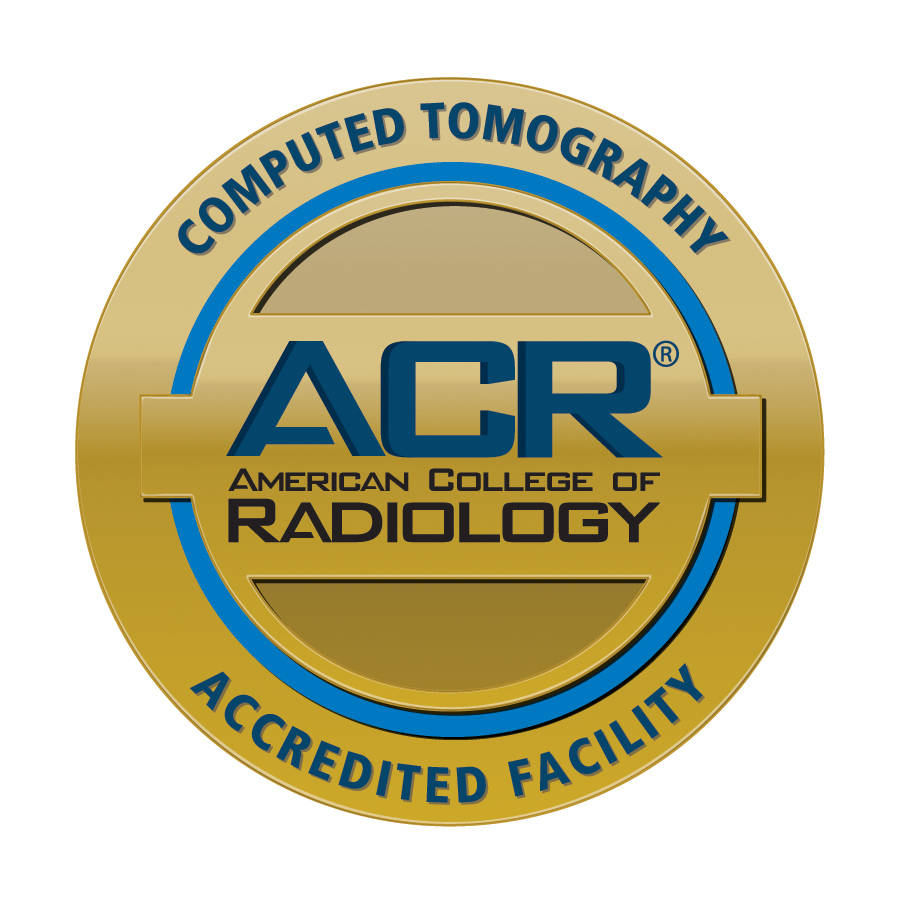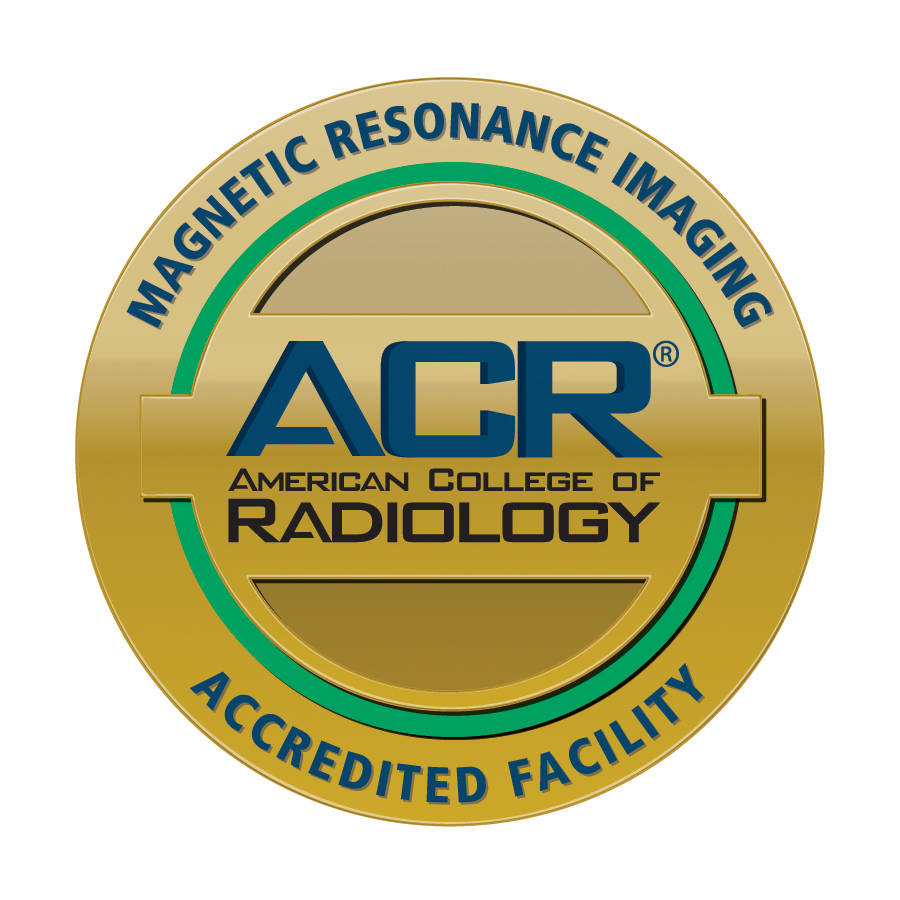When it comes to medical imaging, such as X-rays, CT scans, and MRIs, accurate interpretation of the results is paramount. The field of radiology plays a vital role in diagnosing and treating various medical conditions. However, not all interpretations are created equal. The expertise of radiologists in interpreting imaging results holds significant importance in ensuring accurate diagnoses, guiding appropriate treatments, and ultimately improving patient outcomes. In this article, we delve into the critical role of radiologist expertise and its impact on the field of medical imaging.
Radiology is a specialized branch of medicine that focuses on using medical imaging techniques to diagnose and treat diseases. Through the use of advanced imaging technologies, radiologists can visualize the internal structures of the human body, identify abnormalities, and provide essential insights for patient care. Common imaging modalities include X-ray, computed tomography (CT), magnetic resonance imaging (MRI), ultrasound, and nuclear medicine.
Imaging results, comprising images and reports, provide valuable information about a patient's condition. These results help guide medical professionals in formulating treatment plans, monitoring disease progression, and evaluating the effectiveness of interventions. However, accurate interpretation of these imaging results requires expertise, experience, and specialized knowledge in the field of radiology.
Radiologists are medical doctors who specialize in the interpretation of medical images. They are trained to analyze images and reports obtained from various imaging modalities. Radiologists work closely with other healthcare professionals, including referring physicians, surgeons, and oncologists, to provide accurate and timely diagnoses.
The role of radiologists extends beyond the interpretation of images. They collaborate with other specialists, contribute to multidisciplinary teams, and provide crucial guidance for appropriate patient management. Radiologists play a key role in diagnosing conditions such as fractures, tumors, infections, cardiovascular diseases, and neurological disorders, among others.
Radiologist expertise is essential for several reasons. First and foremost, radiologists possess in-depth knowledge of anatomy, pathology, and the intricacies of various imaging techniques. This expertise allows them to identify subtle abnormalities, differentiate between normal and abnormal findings, and detect early signs of disease. Their specialized training equips them with the skills to interpret complex imaging studies and make accurate diagnoses.
Moreover, radiologists are trained to recognize the limitations and potential pitfalls of imaging modalities. They understand the nuances of different imaging sequences, contrast agents, and imaging artifacts, ensuring that accurate diagnoses are made while minimizing potential errors or misinterpretations.
Radiologists undergo extensive education and training to develop their expertise. After completing medical school, they pursue a residency program in radiology, which typically lasts for four to five years. During this time, they receive comprehensive training in all aspects of medical imaging, including interpretation, image acquisition, and the safe use of radiation.
Following residency, many radiologists choose to pursue additional fellowship training in subspecialties such as musculoskeletal imaging, neuroradiology, breast imaging, interventional radiology, or pediatric radiology. This further specialization enables radiologists to develop a high level of proficiency in specific areas, providing expert opinions in complex cases.
The expertise of radiologists significantly enhances the accuracy of diagnoses. Their comprehensive knowledge, coupled with years of experience, allows them to identify even the most subtle abnormalities and make precise assessments. By recognizing early signs of disease, radiologists play a crucial role in early intervention, leading to improved patient outcomes.
Moreover, radiologists possess the ability to differentiate between benign and malignant conditions accurately. This skill is particularly important in oncology, where early detection and accurate staging of tumors are vital for determining the most appropriate treatment strategies.
Radiology images can sometimes be complex and challenging to interpret correctly. Without the expertise of a radiologist, there is an increased risk of misinterpretation and errors in diagnosis. These errors can have serious consequences, including delayed treatment, inappropriate interventions, or unnecessary procedures.
Radiologists are trained to recognize and navigate the potential pitfalls in imaging interpretation. They can identify normal anatomical variants, differentiate between artifacts and true abnormalities, and correlate imaging findings with a patient's clinical history. By ensuring accurate and reliable interpretations, radiologists help prevent misdiagnoses and unnecessary interventions.
Radiologists collaborate closely with other healthcare professionals to provide comprehensive patient care. They communicate their findings effectively to referring physicians, surgeons, and other specialists, ensuring that the imaging results are integrated into the overall management plan.
This collaboration facilitates a multidisciplinary approach to patient care, where radiologists' expertise contributes valuable insights. They provide consultations, offer guidance on appropriate imaging studies, and contribute to treatment decisions. Through effective communication and teamwork, radiologists ensure that patients receive the best possible care based on accurate imaging interpretations.
The field of medical imaging is continuously evolving with rapid technological advancements. Radiologists need to stay updated with the latest imaging techniques, protocols, and equipment. This commitment to ongoing learning and professional development ensures that radiologists maintain their expertise and provide the highest quality of care to patients.
Radiologists actively participate in continuing medical education (CME) activities, attend conferences, and engage in research and academic pursuits. By staying at the forefront of medical imaging, radiologists remain knowledgeable about emerging technologies and their potential applications. This expertise allows them to harness the full potential of new imaging modalities for accurate diagnoses and improved patient outcomes.
The expertise of radiologists has a direct impact on patient care and safety. Accurate interpretation of imaging results helps guide appropriate treatments, reduces the need for additional imaging studies, and minimizes unnecessary interventions. This not only improves patient outcomes but also reduces healthcare costs and resource utilization.
Furthermore, radiologists play a critical role in ensuring patient safety during imaging procedures. They are knowledgeable about radiation safety principles, contrast agent administration, and potential adverse reactions. Their expertise ensures that imaging studies are performed with the utmost care, minimizing risks and optimizing the benefit-to-risk ratio for patients.
Connect with us to learn more about how the AV Imaging team can help!

